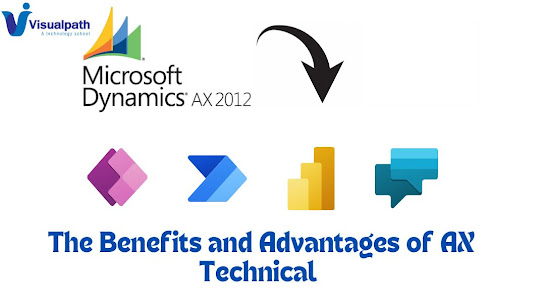XDS and Security Model in D365 Duties

In the ever-evolving landscape of enterprise resource planning (ERP) systems, Dynamics 365 (D365) stands out as a powerful solution that integrates various business processes seamlessly. Among its key features is the XDS (Extensible Data Security) framework, a vital component that contributes to the robust security model within D365 Duties. XDS serves as a dynamic security layer that allows organizations to tailor access control policies based on specific data elements rather than traditional roles or duties. This innovative approach enhances security by providing a more granular control mechanism, ensuring that users only have access to the data relevant to their responsibilities. This is particularly crucial in industries with sensitive information and compliance requirements, such as finance, healthcare, and manufacturing. - Dynamics 365 Online Training One of the key advantages of XDS is its ability to dynamically filter data at runtime, ensuring that users see only the




